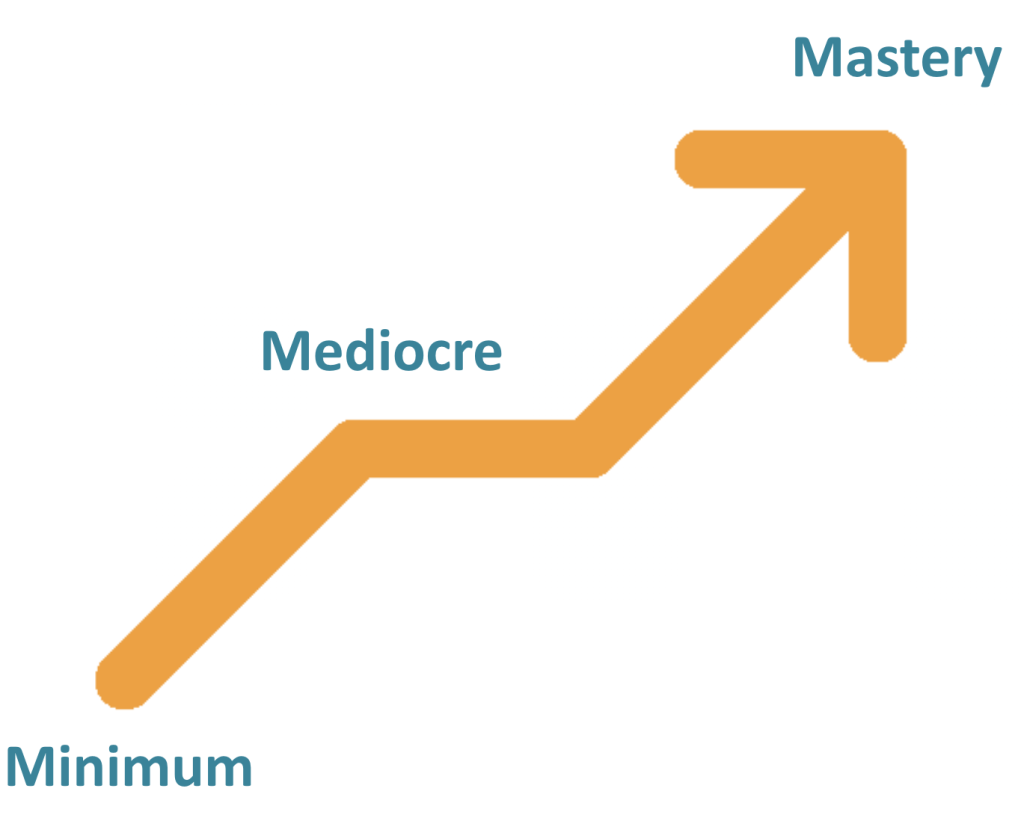Practice Participate in Coaching
-
Module Introduction4 Topics
-
Delivered With Fidelity17 Topics|2 Tests
-
Cover
-
Module objective
-
What happens when practice is delivered with fidelity
-
Participate in coaching
-
Teaching team improve their practice and teach to mastery
-
Teaching team improve their practice and teach to mastery
-
School team works collaboratively to build capacity
-
School team works collaboratively to build capacity
-
Video
-
Creates a school wide high expectations culture
-
Creates a school wide high expectations culture
-
Improves educational outcomes for students
-
Improves educational outcomes for students
-
Video
-
Check your understanding
-
Test your understanding
-
Lesson completed
-
Cover
-
Not Delivered With Fidelity13 Topics|2 Tests
-
Cover
-
What happens when teaching team does not participates in coaching with fidelity
-
Teaching team do not improve their practice or teach to mastery
-
Teaching team do not improve their practice or teach to mastery
-
The teaching team do not work collaboratively
-
The teaching team do not work collaboratively
-
School is unable to build a school wide high expectations culture
-
School is unable to build a school wide high expectations culture
-
Educational outcomes for students do not improve
-
Educational outcomes for students do not improve
-
Check your understanding
-
Test your understanding
-
Lesson completed
-
Cover
-
Barriers That Impede Fidelity9 Topics|2 Tests
-
Cover
-
Barriers that Impede Teaching Team in Participating in Coaching with Fidelity
-
Using deductive logic to identify the cause of the barrier
-
Not understanding why participating in coaching is required.
-
Don’t know how to participate in coaching
-
Staff absences
-
Check your understanding
-
Test your understanding
-
Lesson completed
-
Cover
-
Removing Barriers That Impede Fidelity10 Topics|1 Test
-
Module evaluation survey1 Topic
Participants 461
School is unable to build a school wide high expectations culture
ddewell@goodtogreatschools.org.au August 7, 2023

School is Unable to Build a School Wide
High Expectations Culture
When the teaching team do not participate in coaching it makes a statement that continuous improvement is not a key priority for them as educators. The teaching team become complacent and do not hold themselves to high standards by striving for continuous improvement in their practice to optimise outcomes for their students. The teaching team are not actively promoting or modelling high expectations for their students. This makes it difficult to build a school wide high expectations culture where striving for continuous improvement and mastery underpins the actions of all members in everything they do.

What Happens
The problem is compounded
When the teaching team do not participate in coaching, they are not supporting the high expectations culture of the school. The teaching team are not committed to improving their professional practice and educational outcomes for their students. Instead, they simply go through the motions. When the teaching team do not have high expectations for themselves, they in turn do not have high expectations of their students. In turn, students also become complacent and do not strive for mastery as this has not been modelled for them. This results in a learning environment where mediocrity is accepted and the norm.


